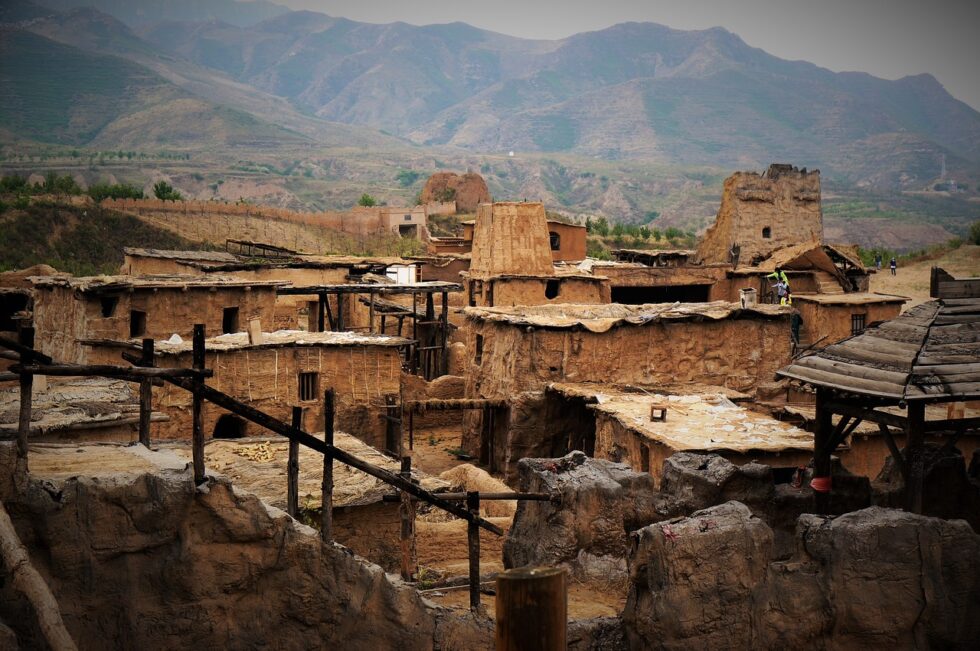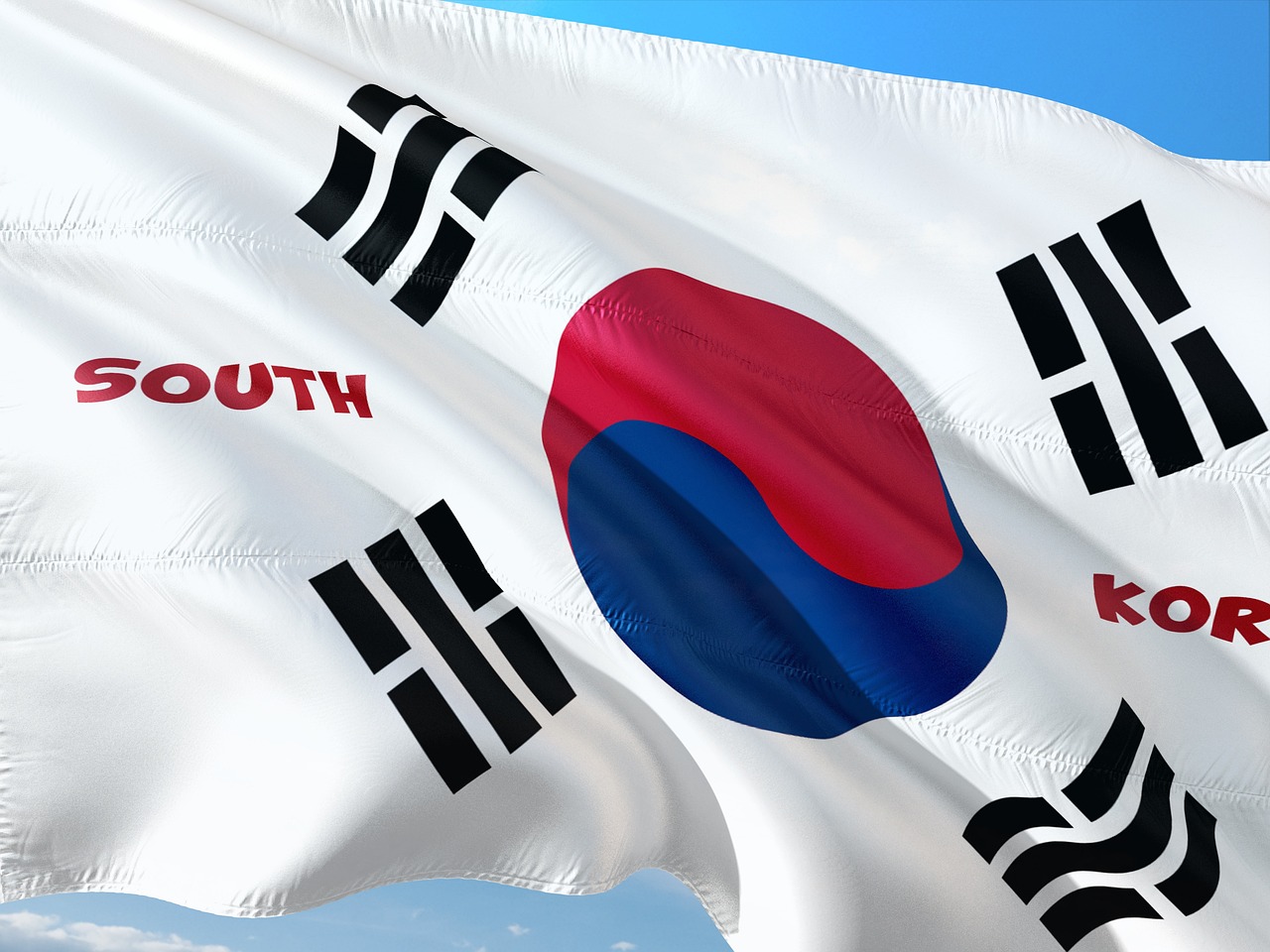
The recent electoral results from Germany’s Länder interweave short-term concerns and long-term challenges, and these challenges extend to China, which is facing the choices Germany made a century ago.
The immediate implications of the Saxony and Thuringia elections—precisely the success of the AfD and BSW—are compounded by the complex nature of local government coalitions. The rise of these two non-traditional parties in German politics has deep reasons.
Since the launch of the Euro, Germany has been grappling with a crisis in its economic model that has relied heavily on two key factors: exports to the Chinese market and the importation of cheap energy from Russia. Today, following the war in Ukraine and increasing tensions surrounding China, these vital engines of growth are fading, leaving Germany struggling to move forward. Before the Euro, Germany operated within a system of checks and balances characterized by devaluations and inflation; if the Mark were revalued, countries like Italy would devalue their lira, thus undercutting German exports. These checks and balances have disappeared, with the Euro stabilizing everything in the European Union. The vital Russian-China linkage has also been severed, necessitating a complete reorganization of the German political, economic, and social system. This transformation can only occur by shifting Germany’s course within the E.U., as its economy serves as the locomotive for the union.
In the short term, the German government is unlikely to collapse. The German parliamentary elections are set for next year; meanwhile, the U.S. elections will soon clarify who will be president. Regardless of whether Donald Trump or Kamala Harris emerges victorious, Russian President Vladimir Putin may begin actual negotiations in November. Continuing the war for another four years could be daunting for Putin, making an accommodation essential. Such a development might mitigate some of the pro-Putin sentiments invigorating extremist factions within Germany.
However, whether or not the war continues in Ukraine and Putin remains in power, there are forces in Europe that offer simplistic solutions to complex problems. If these forces align—with Germans connecting with the French, Italians, Spanish, Hungarians, or Slovaks—there could be a dangerous rebound effect, reinforcing each other’s positions and propelling Europe in threatening directions – the rebirth of fascism or communism like a century ago. On the other hand, traditional European political entities seem unable to provide comprehensive and nuanced responses to these challenges.
Thus, Europe faces a deep crisis that is difficult to navigate. By pandering to simplistic answers, it risks relapsing into the damaging processes that characterized the rise of fascism and communism a century ago—an outcome that remains difficult to escape, with or without Putin.
Putin’s Wild Card
In the absence of finalized negotiations and with no clear end to the war in sight, Putin’s actions risk igniting a multitude of crises. Concurrently, there is a growing weakening of Atlanticism across Europe, as many ignore the vital importance of the transatlantic relationship with the United States. They fail to realize that the primary challenge has shifted to Asia, a notion that feels distant for many Europeans.
Recently, the Pope traveled to Indonesia, a vast nation of some 300 million people, where a 5% Chinese Catholic minority coexists alongside a local Muslim majority. These are the genuine challenges for the future, yet Europe finds itself unprepared.
The elections also revealed stark contrasts in perceptions between West Germany—part of the U.S. sphere after World War II—and East Germany, which was part of the Soviet bloc until 1989. What accounts for Eastern Europe’s unique distinctions, which failed to integrate with the West fully?
One reason lies in the extensive period of “Americanization” that Western Europe underwent. After 1945, particularly throughout the 1970s and 1980s, American influence was instrumental in healing rifts between France and Germany, Italy and France, and Britain and France. This cultural Americanization fostered a shared background that transformed many aspects of European life. In contrast, Eastern Europe was largely excluded from this process. The E.U.’s efforts to integrate Eastern Europe did not have the same profound impact, lacking consistency across its various nations. Consequently, the divide between East and West Germany remains pronounced. While West Germans embraced American values and culture, East Germans remained largely different.
Moreover, historical processes often take many decades to manage. For instance, the “Southern Question” in Italy has persisted for 150 years without actual resolution, and a similar situation exists in Germany, where the historical divide between a Habsburg and a Prussian identity remains relevant. These are fissures that complicate both longstanding and contemporary challenges.
Another element to consider is the historical narrative. When the U.S. promoted European unity by forming the European Coal and Steel Community, it built on preexisting ideas. It’s no coincidence that all the founders—Schuman from France, Adenauer from Germany, and De Gasperi from Italy—were Catholic figures from a German-Habsburg cultural background. This united Europe resembled an expanded version of the Habsburg Empire.
However, the framework for collective European thought is lacking today, and American attention seems diminished. At that time, Europe was a vital theater to counter the Soviet threat, with the specter of World War III looming nearby, similar to the context of the first two global conflicts.
Eighty years after the end of World War II, the political center of gravity has shifted to Asia, with unique challenges emerging for the West. Europe chose to engage economically with China and Russia while overlooking the crucial political dimensions of these relationships. There was a willingness to do business with Putin, but what should Russia’s role be in the world? Europe must engage in this discussion actively.
Western Europe has largely been absent from the conversation regarding the challenges posed by China, often focusing solely on human rights concerns. It was right, but the impact is minimal compared to China’s substantial political influence on multiple fronts. This lack of coherent political thinking about global affairs hampers Europe’s ability to navigate modern complexities effectively. Without preparation and foresight, there is a danger of reverting to outdated ideologies, whether from the right or left.
Europe requires visionary thinking to advance the E.U. and counter the rising tide of extremist, simplistic tendencies. However, without this ambitious drive, the continent risks succumbing to the first hasty and unrefined responses to pressing issues.
The report that Mario Draghi will present to the European Parliament next week could be an essential first step in the right direction.
A Chinese Angle
Finally, there is the significant Chinese element. China observes with astonishment the turmoil unfolding in Europe, a continent that has challenged and inspired the Chinese for nearly two centuries. Leaders like Zhou Enlai and Deng Xiaoping chose to study and live in Europe, not America or Japan. Today, the Chinese may wonder: what is there to follow or emulate? Europe is in a chaotic state reminiscent of a century ago, caught between opposed ideologies. Yet, unlike the previous century, it is no longer the center of global power.
Moreover, unlike the United States, which maintains a technological advantage over China, Europe’s traditional industries now face considerable competition from Chinese manufacturing, further complicating the European landscape.
Nonetheless, circumstances are not immutable; various forces may shift the dynamics unpredictably.
China boasts the ability to manufacture a $100 German machine tool for just 5 cents. Such developments pose a significant threat to China. What should Germany do if China produces the same quality machinery at a fraction of the cost? Withdraw entirely from the market? Before making drastic moves, Germany and other countries may react against China. If China continues to deliver better and cheaper products for consumers worldwide, what should everyone do for a living? And after losing their jobs, what should people do? Before everyone loses their jobs, they will do something against China. This is happening, and it happened before when, in the late 18th century, British trade overtures, and it didn’t play out well for China.
China must engage in meaningful reflection rather than ignoring the potential consequences of such a surge. It needs to defuse tensions before they escalate.
The high standard of living enjoyed in the West may now be built on monopolistic advantages facilitated by technological innovation and military power, which are also rooted in technology. However, this monopoly is beginning to wane. What actions should China take in response?
- If China confronts these monopolies head-on, seeking to dismantle their power structure, it risks provoking significant backlash with established monopolies still exerting considerable influence.
- Conversely, China could aim to cultivate a partially alternative order that includes the established powers and the new, ambitious nations resistant to either Western hegemony or Chinese dominance. This approach could facilitate a peaceful transition to a new balance of power.
This dilemma illustrates the historical tension between revolution (option one) and reform (option two). As a revolutionary party, the Chinese Communist Party may instinctively lean toward option one. Yet, it primarily pursued option two from 1976 until about 2004-05. Since 2005, however, there has been a noticeable shift towards option one.
China appears to have abandoned its path toward peaceful development—both economic and political reforms—in favor of an increasingly assertive approach, mistakenly believing that the United States’ waning power would resolve itself. Ironically, this assertiveness has actually benefitted the U.S., providing it with a renewed sense of purpose following its post-2008 crisis. China’s assertiveness has driven many Asian neighbors back into the U.S. orbit, reinstating alliances with nations that had previously resisted American influence, such as Vietnam and India.
The Specter of War
If the United States desires conflict, China should do everything possible to avoid it, as the liabilities for China are substantial.
- Chinese exports of industrial goods are not essential; they are ultimately replaceable. Energy supplies are more vital than a new smartphone or electric vehicle. Russia’s pre-war energy exports to the E.U. have already been supplanted. If the confrontation worsens, goods imported from China could be replaced. There will be a cost, but it won’t be immense for importing countries.
- The United States is a global system, not merely a nation. China has alienated many within this system, leaving developing countries attempting to play both sides. If pressed, where would those nations align? Most likely not with China,
- Geographically, China occupies a demanding position, bordered by 24 countries and territories by land and sea. In the event of a conflict, it could face challenges on multiple fronts, reminiscent of Germany during WWI and WWII.
- The Chinese populace has grown accustomed to a higher standard of living and the one-child policy. They understand that prosperity is intertwined with relations to the U.S., as poverty—especially under Mao’s leadership—resulted from hostility towards America. While the Chinese may be difficult to mobilize, dissent could emerge if their leaders’ commands grow increasingly demanding.
- Nations like India, Vietnam, and Indonesia stand to gain from the tensions between China and the United States. If conflict erupts, will they choose to side with China or America? Their decisions are uncertain, but they may ultimately gravitate towards the U.S., despite all its flaws, simply due to its incumbent status.
History tells us that power dynamics are subject to change. Just as Sparta overcame Athens, Thebes challenged Sparta, ultimately leading to Macedonian dominance over independent Greek cities.
The United States is domestically torn. It faces wars in Europe (Ukraine) and the Middle East (Gaza), yet it knows that the real focus is on Asia. The Chinese challenge might help focus America. Though the U.S. and its allies may not necessarily triumph, they hold considerable advantages, and China faces a daunting challenge.
The hourglass has turned; China must confront the realities of the present. First, it should methodically assess the challenges at hand. Then, it must devise a creative, innovative, comprehensive approach to address them. The German experience offers valuable lessons.
In the last century, Germany believed it could simultaneously confront the traditional powers of Great Britain, France, and Russia. Such attempts failed twice. Despite being the undisputed leader in technology and science and making rich contributions to literature, philosophy, and the arts, Germany lost two wars.
In its current trajectory, China is far from Germany’s position in the world a century ago.
During the Cold War, Germany crafted a strategy based on relying economically on Russia and China. Still, it faltered in the post-Cold War era and has spiraled into crisis. It is unclear how it will get out of it, but possibly its way forward is revamping and reshaping the E.U. and crafting new, stronger ties with the U.S.
Can China avoid repeating this cycle? Perhaps that is the crucial question facing it today.









